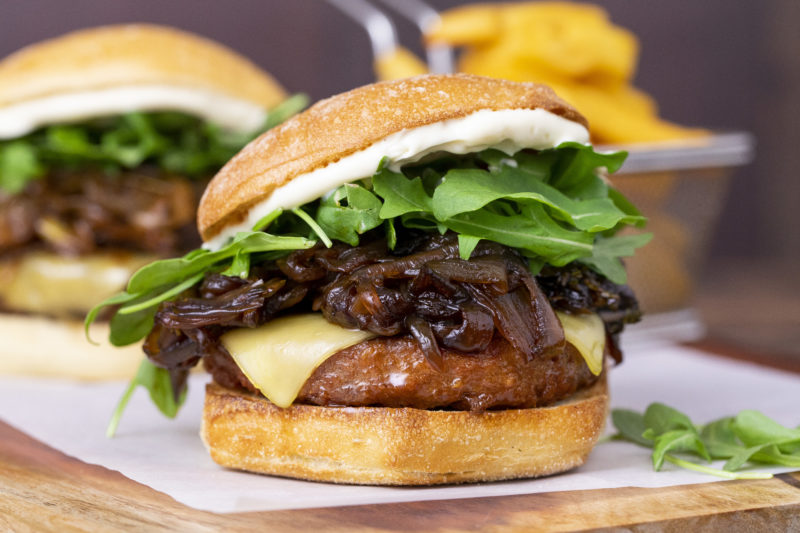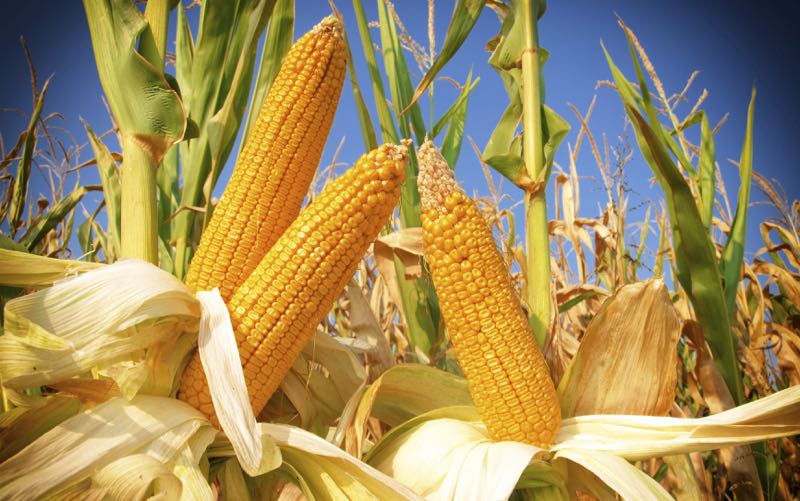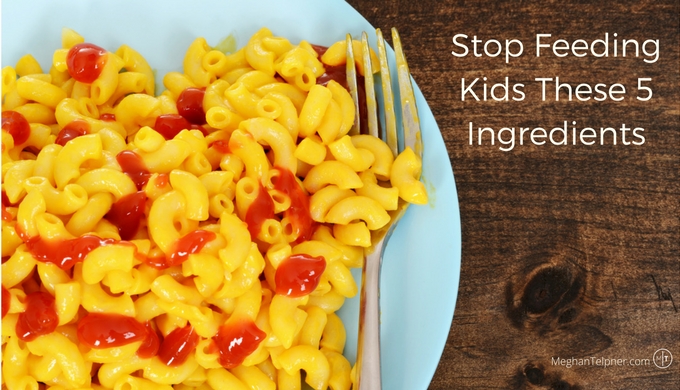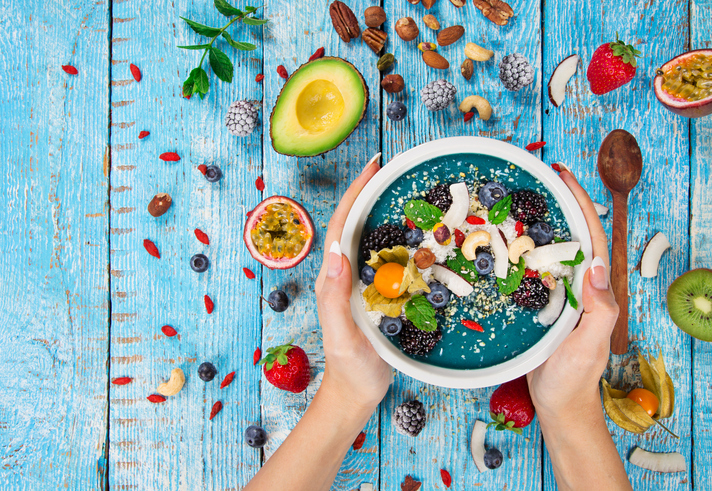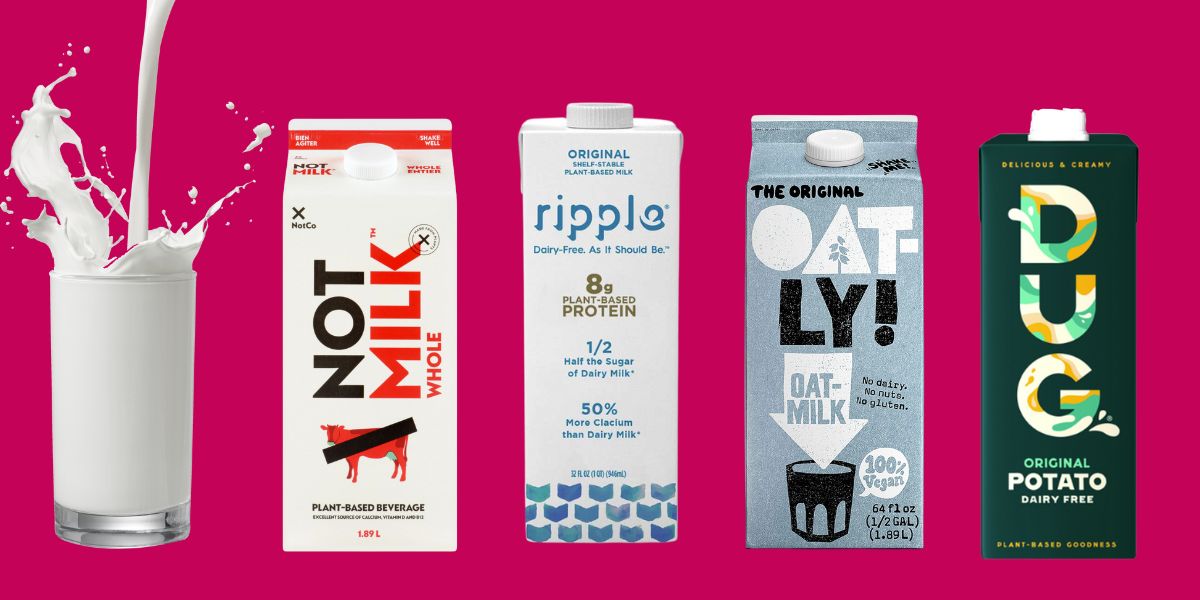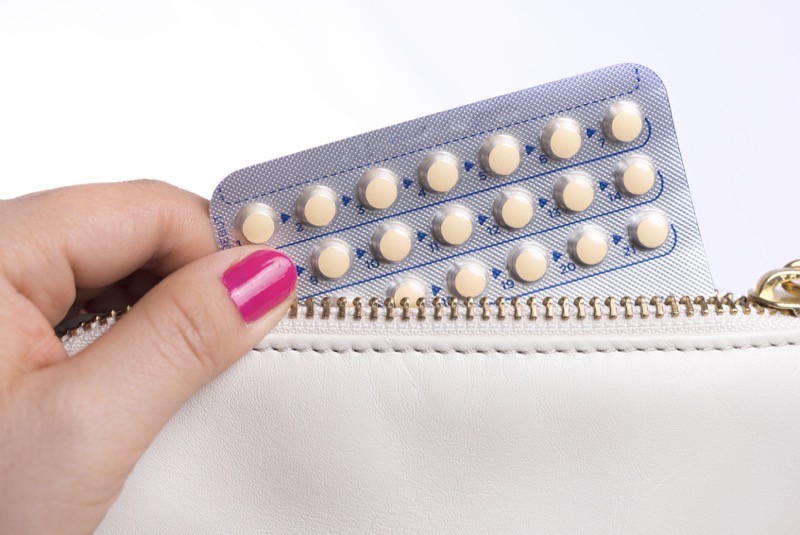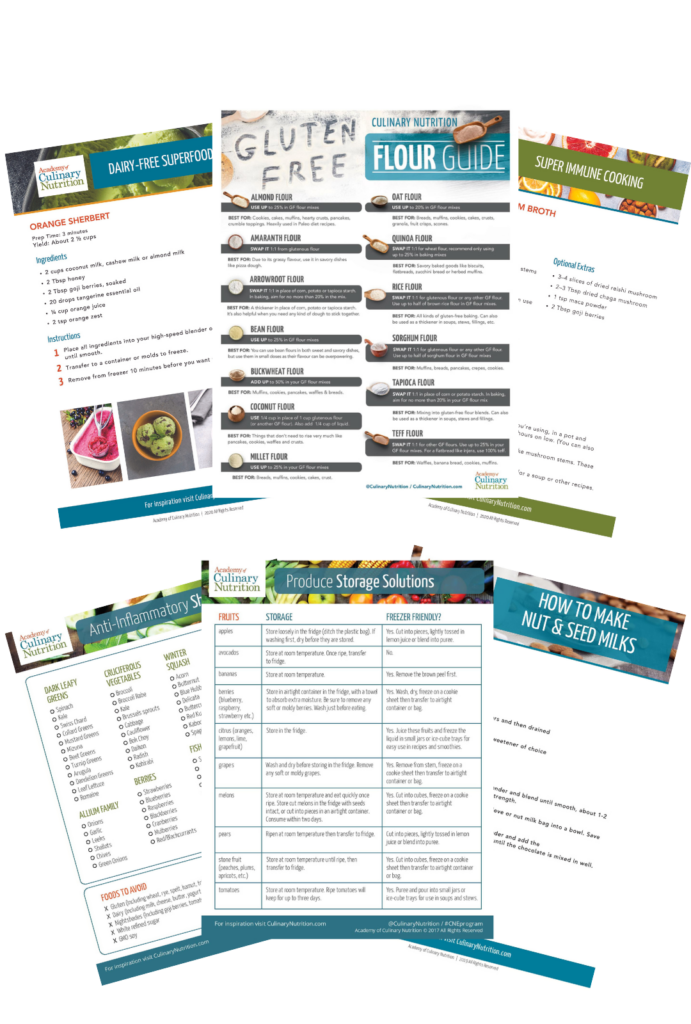Healthy Eating Is About More Than Just What’s On Our Plate
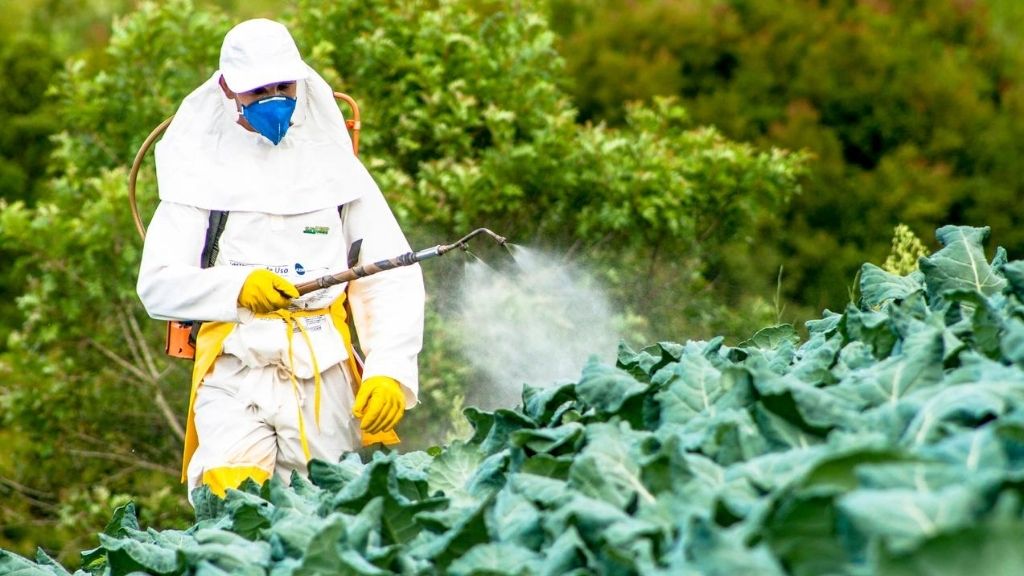
When we first jump aboard the healthy eating and living train and start making decisions based on what’s best for our bodies, it can be easy for temptation to creep up on us. After all, if what we eat only affects us, what happens if we stop caring so much about whether we feel energetic or lethargic, happy or so-so, relaxed or stressed out? If we’re willing to forget our own health in exchange for a brief moment of tastiness, what harm will it do to scarf down that fast-food burger, conventional candy bar, bag of chips, or pint of ice cream?
I began transitioning into the way I eat back in 2003. It began because of a health challenge – basically everything I ate made me sick. And then I got better and better, and my resilience was restored. In theory, I no longer needed to eat a restricted diet but I did. And I do still – though now it doesn’t feel remotely restrictive. What I first did solely for my own personal health became something much bigger. I started to learn the why behind the importance of food choices beyond the health benefit.
The food choices we make have a much bigger impact than most of us may first realize – not just on ourselves but on our friends and family, community, farmers, food producers, animals, and ultimately on our planet, too. The items we put in the shopping cart go far beyond us as individuals.
To truly care about what we eat isn’t just about how we feel or how we look in the mirror. We have to consider the impact it has around how it got to us, too.
Let’s have a look at some foods and specific ingredients in many processed foods and their far-reaching effects.
Sugar
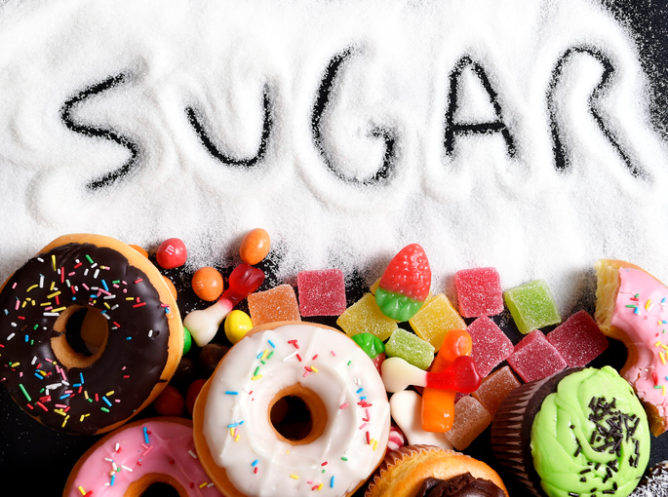
On top of destroying health, sugar has a major environmental impact, too. According to the World Wildlife Foundation, 65 million acres of land are used to grow sugarcane, leading to a significant drop in biodiversity and water pollution.
Look over to sugar made from genetically modified sugar beets – these vegetables are glyphosate-resistant, which means more of the glyphosate pesticide can be sprayed on them with known harmful effects on the farmers, nearby waterways and all the animals that rely on those waterways.
What You Can Do: Reduce or limit your sugar consumption (try my No Sugar Challenge!), opt for natural, fair trade sweeteners, and look for sweeteners that don’t have a negative environmental impact
Soybean Oil and soy products
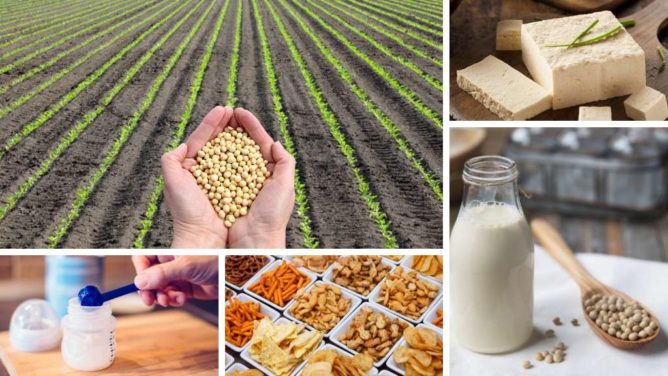
Soybean oil is cheap and commonly used in processed foods such as margarine, mayonnaise, snacks, baked goods and candy, and it’s also used to produce biofuel for cars. Soybean plantations around the world result in the destruction of diverse eco-systems, soil erosion, and water contamination. According to the World Wildlife Foundation, 80% of the world’s soybean crop is fed to livestock, which is then fed to people.
Soy is a genetically modified food that has a detrimental effect on the environment. It threatens biodiversity and creates pollution that destroys waterways, land, and wildlife. Soy is also in everything. We expect to see it in tofu burgers, but soy products also show up in a broad expanse of processed foods, everything from canned goods to frozen desserts to bouillon powder to meat products. You can get the full lowdown on soy, its health and environmental impacts along with where it might be hiding, in this post.
What You Can Do: Read labels for hidden soy products, get to know your fats
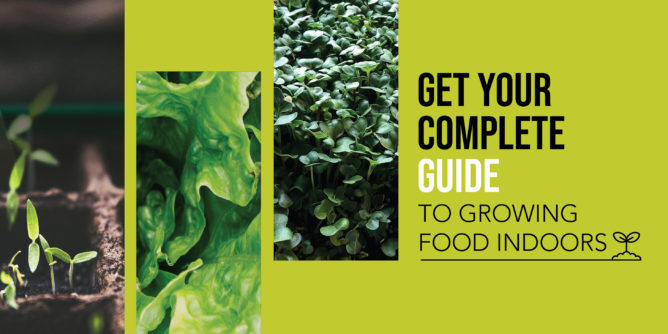
Free Resource Library
Enjoy more than 40 downloadable guides, recipes, and resources.
Conventional Chocolate
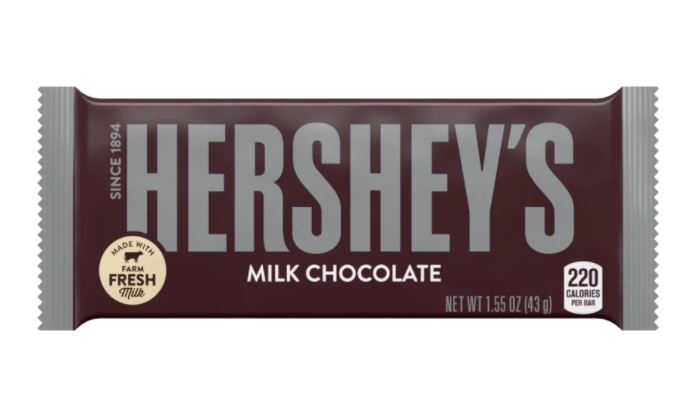
The chocolate industry has multiple environmental issues that concern me, which I’ve detailed here. In this post, I’d like to point to the fact that cocoa production is rife with child labour. In 2013 and 2014, 2 million children were used for cocoa production. Adults in the cocoa industry make low wages as well, less than a dollar a day, and work under difficult conditions.
A few years back when I dug into the ingredients in Twizzlers, I was surprised to learn that they were made by Hershey, the company that is best known for making chocolate – chocolate, I might add, that is predominantly harvested from chemical-laden chocolate plantations in West Africa that have come under heat for ’employing’ children. There’s another word for that and it’s not ’employment’.
“Hershey, which is the largest chocolate manufacturer in the world, gets most of its cocoa from West Africa. The company purchases the primary ingredient in its products from sources notorious for abusive labor practices including forced labor, human trafficking, and child slavery.” (Source)
And it isn’t just Hershey – other big chocolate makers like Mars and Nestle are still using child labour, even though they promised they would stop decades ago.
How sweet is that chocolate tasting now?
What You Can Do: Support organic, fair-trade chocolate companies and growers – and maybe consume less of it
Who’s Growing Your Food?
When making healthy eating choices, it’s important to consider the impact on your health and the overall burden on the environmental ecosystems we live in. Often, what’s left out of the conversation are the people growing our food, working in factories and in other roles throughout the food chain.
Consider:
- The slave and child labour mentioned in the chocolate section above.
- The historical significance of sugar cane plantations in the United States, where the sugar industry was built on the backs of Black slaves. If sugar weren’t able to be produced so cheaply, would it have become so prevalent in the food supply?
- Farmers being exposed to massive amount of pesticides that are incredibly detrimental to their health. The courts have recently ordered Bayer, which acquired Monsanto, to pay over $10 billion to settle cancer-related lawsuits.
- The growing popularity of cashews has led to forced labour and slave labour in India and Vietnam. Cashews are shelled by hand, often by young women and children whose fingers are burned from the caustic chemicals on the shell.
This is just a small number of examples. Both locally and internationally, people are putting themselves at risk and being exploited out of survival to bring you inexpensive, processed foods.
Corn Oil
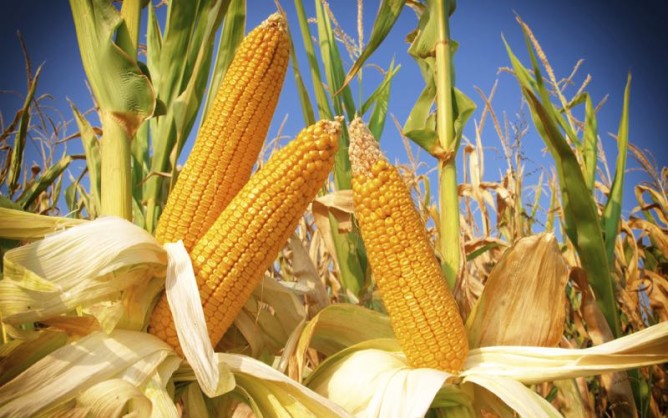
The corn industry’s environmental track record isn’t doing so well. According to the U.S. Geological Society, fertilizer runoff from corn and soybean crops is the leading cause of hypoxia in the Mississippi River Basin and Gulf of Mexico, destroying eco-systems and killing millions of fish. The Environmental Working Group points to soil erosion as another huge concern, reporting that the average corn plantation in Iowa loses five tons of high-quality topsoil per acre each year.
What You Can Do: Read labels and avoid corn oil, get to know your fats
Processed and Conventional Meats
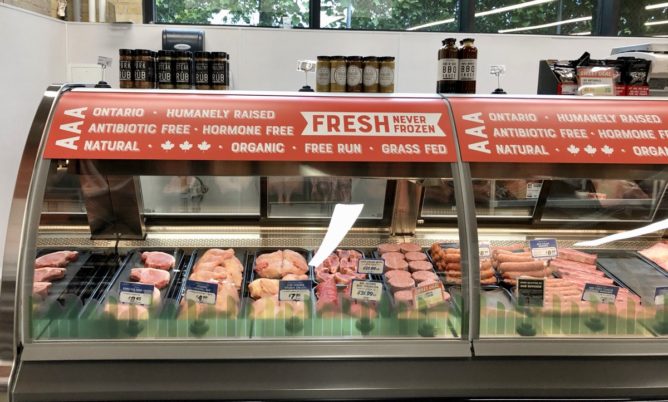
When you’re buying processed foods that contain meat, you’re pretty much guaranteed to be getting conventionally-raised, factory-farmed animals. Even the meat products that claim to be ‘natural’ are very far from it. Livestock farming is responsible for nearly a fifth of greenhouse gas emissions: 37% of methane, 65% of nitrous oxide, and 9% of carbon dioxide – these are the big three that most contribute to global warming.
We raze land to raise animals, causing further detrimental impact on the farms and the surrounding ecosystems through habitat destruction, water pollution, and resource waste. Global deforestation for the purposes of factory farming and animal agriculture is estimated to emit 2.4 billion tons of carbon dioxide per year.
For an in-depth look at the environmental impact of animal agriculture, dive into the report, Livestock’s Long Shadow.
What You Can Do: Buy local and organic animal products (meat, poultry, eggs), reduce your meat consumption, practice Meatless Mondays
Unsustainable Fish
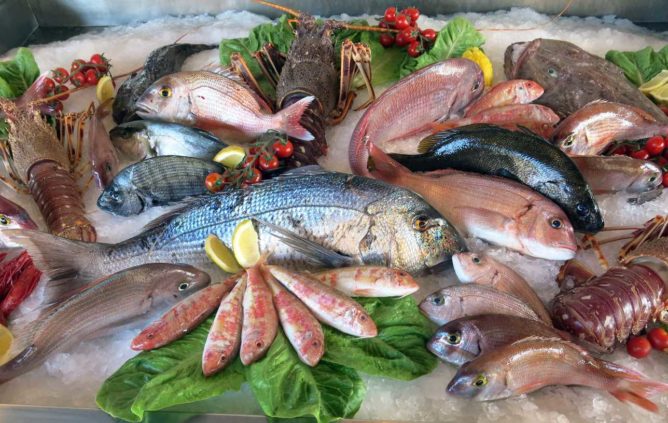
Our fish-eating habits have a huge impact on our oceans. Since 1961, our fish consumption has outpaced population growth – it’s risen from about 9.1 kg in 1961 to 20.2 kg in 2015. Fish stocks have been overexploited and depleted, with a 50% global reduction in populations since 1970.
As well, the chemicals we use in our beauty and personal care products and cleaning products all end up going down the drain to these aquatic environments. You can grab my full guide to eating fish here.
What You Can Do: Buy sustainable fish when possible
Even Health Foods Can Have an Environmental Impact!
It isn’t just processed foods and animal products that have an environmental impact. Some of the most popular health foods also have surprising burdens. You can discover more about that in this post.
What Is An Ethical Healthy Diet?
The ethics of a healthy diet are tricky to navigate as much of it comes down to personal values and philosophies. Some may consider it unethical to eat any animal-derived ingredients, while others might consider it unethical to eat foods grown with chemicals that indirectly impact waterways, grazing lands, and the people who live in the surrounding areas. It’s by no means a simple thing to navigate but that doesn’t mean we shouldn’t try. Every effort counts.

Free Resource Library
Enjoy more than 40 downloadable guides, recipes, and resources.
A diet that supports our health, animal health, and the health of the planet include:
- Buying from local farms and businesses
- Eating a lot of plant-based foods
- Shopping organic (or selectively organic based on pesticide use)
- Cooking food from scratch to avoid excess packaging and unhealthful ingredients
- Growing your own food, whether that’s a backyard garden, a balcony, or a windowsill in your home
Healthy eating in this way isn’t always easy, but it isn’t complicated once you make it a habit. So the next time you pass up that frozen pizza, know that the world (not to mention your colon) is thanking you.
Header Image: iStock/alffoto
Free Resource Library
Enjoy more than 40 downloadable guides, recipes, and resources.















